What treatment
10+ Highly Rated Stem Cell Therapy for Liver Cirrhosis Clinics in Thailand
Reach Out to These Certified Stem Cell Therapy for Liver Cirrhosis Clinics List in Thailand Loved by Patients!
Vega Stem Cell Clinic in Bangkok Thailand
Overview
Vega Clinic in Bangkok, Thailand, helps people feel better with special treatments. They use new ways to heal and make sure each person gets care made just for them.
Read more details
Beike Biotech
Overview
Beike Biotechnology offers the best stem cell therapy in Thailand, combining top-quality regenerative treatment with cutting-edge technology for optimal patient care.
Read more details
Boston Health Longevity - Anti Aging Stem Cell Therapy in Thailand
Overview
Experience advanced Anti Aging Stem Cell Therapy in Thailand at Boston Health Longevity. Improve cellular health, vitality, and longevity with expert care.
Read more detailsChirohealth Bangkok
Overview
Chirohealth specializes in anti-aging and knee stem cell therapy in Bangkok Thailand. Offering high-quality care in Orthopedic, Physiotherapy, and Regenerative Medicine treatment for various diseases.
Read more detailsDiscover your treatment options with a free, no-obligation quote!
Get your quote now!Mousai Wellness Center - Stem Cell Bangkok Thailand
Overview
Discover advanced Stem Cell treatments in Bangkok, Thailand at Mousai Wellness Center. Safe, innovative, and personalized care for lasting wellness.
Read more detailsStay Well Clinic & Physio
Overview
Discover advanced Stem Cell and NK Cell therapies at Stay Well Clinic & Physio in Phuket, Thailand. Experience cutting-edge treatments for optimal health.
Read more detailsSurecell Medical Clinic
Overview
Experience the Best Stem Cell Therapy in Pattaya, Thailand at Surecell Clinic. Transform your health with our state-of-the-art regenerative treatments.
Read more detailsWIH Hospital
Overview
Discover cutting-edge stem cell therapy at WIH Hospital in Bangkok. Expert care and advanced treatments for various conditions at our leading stem cell clinic.
Read more detailsDiscover your treatment options with a free, no-obligation quote!
Get your quote now!HELENE - Stem Cell Clinic
Overview
Japan Regenerative Medicine Leading Brand With over a decade of experience and more than 16,000 treated patients. Providing cutting-edge stem cell therapies tailored to various health concerns.
Read more details
GIOSTAR Hospital Bengaluru
Overview
Discover GIOSTAR Hospital in Bengaluru, India—your go-to center for advanced stem cell therapies and cutting-edge procedures for orthopaedics. Explore treatments for diabetes, stroke, SCI, and more.
Read more details
Cell Grand Clinic – Japan’s Best Stem Cell Clinic
Overview
Explore Cell Grand Clinic, the best stem cell clinic in Japan specializing in top regenerative therapies for anti-aging, chronic conditions, and wellness.
Read more details
Dr. Ebenezer Abel Paul - Stem Cells in Malaysia
Overview
Explore Stem Cells in Malaysia with Dr. Ebenezer Abel Paul, offering cutting-edge regenerative therapies and advanced stem cell treatments.
Read more details
Dr. Pravin Patel's Innovative Hospital & Research Center
Overview
Dr. Pravin Patel's Innovative Hospital provides best stem cell treatment in Gujarat, India. Also offers Ozone therapy, Quantum therapy , EBOO therapy, Frequency & Laser Therapy at affordable cost.
Read more details
FirstCell Malaysia
Overview
FirstCell specialize on cell-based medicine and treatments especially via MSC and NKC to enhance wellness and for targeted treatment modules. We are committed in delivering excellent treatment.
Read more details
Live Stem Cell Asia - Premier Stem Cell Clinic in Malaysia
Overview
Discover advanced stem cell Malaysia treatments at Live Stem Cell Asia, Petaling Jaya. Experience personalized care and innovative regenerative solutions.
Read more details
StemRx Hospital and Research Centre
Overview
At StemRx Hospital & Research Centre, We specialize in advanced Regenerative Medicine & Stem Cell therapy for Autism, Cerebral Palsy, Orthopedics, Migraine, AVN & IVF providing personalized care.
Read more details
Klinik Setia Gemilang
Overview
Klinik Setia Gemilang: Leading in stem cell therapy, orthopedic treatments, and anti -ageing solutions Malaysia . It is part of Setia Gemilang Medicare which houses a clinic and dentist
Read more detailsChaum Medical Center
Overview
Premium healthcare at Chaum Medical Center, Seoul. Personalized anti-aging, stem cell therapy, and advanced medical services for a youthful life.
Read more detailsHebei Yanda International Hospital
Overview
Hebei Yanda International Hospital in Beijing, China, addresses your healthcare needs with expert oncology, cardiology, and neurology treatments.
Read more detailsMedeze Vietnam
Overview
Discover advanced regenerative treatments at Medeze Vietnam, a leading Stem Cell Clinic in Ho Chi Minh, Vietnam. Personalized care for a healthier future.
Read more detailsWhich are the best clinics for Stem Cell Therapy for Liver Cirrhosis in Thailand?
For Stem Cell Therapy for Liver Cirrhosis in Thailand, highly-regarded clinics include Vega Stem Cell Clinic and Beike Biotech in Bangkok, along with Chirohealth Bangkok and Stay Well Clinic & Physio in Phuket. These centers are noted for their focus on regenerative medicine and comprehensive patient care, with several boasting excellent patient satisfaction and positive reviews.
When considering the top clinics for Stem Cell Therapy in Thailand, especially for complex conditions like liver cirrhosis, it’s crucial to look beyond general ratings to specific expertise. While not all clinics explicitly list "liver cirrhosis" in their brief overviews, many that specialize in broad regenerative medicine or anti-aging therapies are equipped to handle such treatments. Based on patient feedback and prominence, some notable options include:
- Vega Stem Cell Clinic (Bangkok): This clinic is highly rated with numerous positive reviews, indicating strong patient satisfaction in regenerative treatments. They focus on personalized care and advanced therapies.
- Beike Biotech (Bangkok): Known globally for its stem cell research and applications, Beike Biotech has a presence in Thailand, offering cutting-edge technology in regenerative treatments.
- Chirohealth Bangkok (Bangkok): While often highlighted for anti-aging and orthopedic stem cell therapies, their expertise in regenerative medicine suggests a capability for addressing other conditions requiring cellular regeneration.
- Stay Well Clinic & Physio (Phuket): This clinic offers advanced Stem Cell and NK Cell therapies, often applying these to a range of health concerns that could include liver regeneration.
- Surecell Medical Clinic (Pattaya): Also receiving high patient recommendations, Surecell Medical Clinic provides state-of-the-art regenerative treatments.
How do I verify the legitimacy of Stem Cell Therapy clinics in Thailand?
To verify the legitimacy of stem cell therapy clinics in Thailand, check for official accreditation from the Thai Ministry of Public Health or international bodies. Look for transparent information on their medical licenses, facility certifications, and the qualifications of their medical staff. Patient testimonials and affiliations with reputable medical organizations also provide valuable insights into their credibility and ethical practices.
Verifying a clinic's legitimacy is paramount for safety and effective treatment outcomes. Here’s a detailed approach:
- Accreditation and Licensing: Ensure the clinic is licensed by the Thai Ministry of Public Health. For international patients, look for international accreditations such as JCI (Joint Commission International) or others that signify adherence to global healthcare standards.
- Medical Staff Credentials: Confirm that the doctors and specialists performing the stem cell therapy are board-certified and have specialized training and extensive experience in regenerative medicine, specifically related to liver conditions.
- Treatment Protocols: Legitimate clinics will openly discuss their treatment protocols, including the source of stem cells (e.g., autologous, allogeneic, umbilical cord-derived), processing methods, and administration routes. They should follow evidence-based practices.
- Transparency in Information: A reputable clinic will provide clear and detailed information about the therapy, including potential benefits, risks, expected outcomes, and follow-up care. Avoid clinics that promise guaranteed cures or make unrealistic claims.
- Facility Standards: The clinic should operate in a modern, sterile environment that meets international standards for medical facilities to prevent complications like infection.
- Patient Reviews and References: While not the sole determinant, consistent positive reviews and availability of patient references can offer insights into the clinic’s service quality and patient experience.
What types of stem cells are primarily used for liver cirrhosis treatment in Thai clinics?
Thai clinics typically utilize Mesenchymal Stem Cells (MSCs) for liver cirrhosis treatment. These cells, often derived from umbilical cord tissue, adipose tissue (fat), or bone marrow, are preferred due to their immunomodulatory properties and ability to promote liver tissue regeneration, reduce inflammation, and combat fibrosis, offering a promising therapeutic approach for patients with chronic liver disease.
In the realm of regenerative medicine for liver cirrhosis, the choice of stem cell type is critical for efficacy and safety.
- Mesenchymal Stem Cells (MSCs): These are the most common type of stem cells used due to their multipotent nature and immunomodulatory capabilities. MSCs can differentiate into various cell types, including liver cells (hepatocytes), and they secrete growth factors that support tissue repair and regeneration. They also help to suppress the immune response that contributes to inflammation and fibrosis in the liver.
- Sources of MSCs:
- Umbilical Cord-Derived MSCs: Increasingly popular, these are readily available, have high proliferative capacity, and are considered immunoprivileged, meaning they have a lower risk of rejection.
- Adipose-Derived Stem Cells (ADSCs): Extracted from a patient's own fat tissue, ADSCs are a convenient autologous source, minimizing rejection risks.
- Bone Marrow-Derived MSCs: These are another autologous source, harvested from the patient's bone marrow.
- Hematopoietic Stem Cells (HSCs): Less common than MSCs for direct liver regeneration, but sometimes used in combination therapies, especially if there's a need to address broader systemic issues or bone marrow function.
What should I expect during an initial consultation for liver cirrhosis stem cell therapy in a Thai clinic?
During an initial consultation for liver cirrhosis stem cell therapy in Thailand, expect a thorough review of your medical history, current liver condition, and diagnostic test results. The medical team will explain the stem cell therapy process, potential benefits, risks, and realistic outcomes, along with personalized treatment plans and duration, ensuring you have a clear understanding of the proposed regenerative medicine approach.
An initial consultation at a Thai stem cell clinic for liver cirrhosis is a crucial step in understanding your treatment options. Here's what you can generally expect:
- Comprehensive Medical History Review: The medical team will meticulously go over your complete medical history, including previous liver diagnoses, treatments, medications, and any co-existing conditions.
- Current Health Assessment: You'll likely undergo a physical examination and may be asked for recent diagnostic test results, such as liver function tests, imaging (ultrasound, CT, MRI), and liver biopsies. If not recent, the clinic may recommend new tests.
- Detailed Explanation of Stem Cell Therapy: The specialists will explain how stem cell therapy works, particularly its application for liver regeneration and anti-fibrotic effects in cirrhosis. They will discuss the specific type of stem cells they plan to use and their sourcing.
- Treatment Plan Discussion: You'll receive information on the proposed treatment plan, including the number of sessions, duration of stay in Thailand, administration methods (e.g., intravenous, intra-arterial), and expected recovery timeline.
- Risks, Benefits, and Expectations: A transparent discussion about the potential benefits, known risks, possible side effects, and realistic outcomes of the therapy will occur. Reputable clinics avoid guaranteeing cures and manage patient expectations carefully.
- Questions and Concerns: This is your opportunity to ask any questions you have about the procedure, the clinic, follow-up care, and logistics.
- Personalized Recommendation: Based on your medical profile, the team will provide a tailored recommendation and discuss eligibility.
Are there specific eligibility criteria for liver cirrhosis patients seeking stem cell therapy in Thailand?
Yes, eligibility for liver cirrhosis stem cell therapy in Thailand typically involves a comprehensive medical evaluation. Clinics assess liver disease severity, overall health, and the presence of active infections or cancers. Generally, patients in earlier stages of cirrhosis or those not eligible for liver transplantation may be considered, with specific criteria varying by clinic and individual medical profile.
Stem cell therapy for liver cirrhosis is not a one-size-fits-all solution, and clinics in Thailand adhere to specific eligibility criteria to ensure patient safety and potential for positive outcomes. These criteria often include:
- Stage of Liver Disease: Patients with decompensated cirrhosis (e.g., severe ascites, hepatic encephalopathy) may have higher risks, though some clinics may consider them depending on overall health. Often, earlier stages (Child-Pugh A or B) are preferred.
- Overall Health Status: Patients must be in stable general health, free from active infections (e.g., HIV, Hepatitis B/C might require pre-treatment management), uncontrolled diabetes, severe heart or lung conditions, or other serious comorbidities that could complicate the procedure or recovery.
- Absence of Active Malignancy: Most clinics will not treat patients with active cancer, as stem cell therapy's interaction with cancerous cells is still under investigation.
- Previous Treatments: A history of previous liver treatments, surgeries, or medications will be reviewed to determine suitability. Patients who are not candidates for traditional liver transplantation or who have contraindications to other therapies might be considered.
- Blood Test Results: Specific blood markers related to liver function, coagulation, and inflammatory status will be analyzed.
- Imaging Studies: Recent imaging results (ultrasound, CT, MRI) are crucial to assess liver morphology, fibrosis extent, and rule out other pathologies.
- Psychological Evaluation: Some clinics may require a psychological assessment to ensure the patient has realistic expectations and is emotionally prepared for the treatment.
What are the key advantages of choosing Thailand for liver cirrhosis stem cell treatment?
Choosing Thailand for liver cirrhosis stem cell treatment offers several key advantages, including access to advanced medical facilities, internationally trained specialists, and innovative therapies. Patients often benefit from comprehensive care packages that provide personalized treatment plans, combining high-quality medical standards with a supportive environment and the convenience of medical tourism, enhancing the overall healing journey.
Thailand has emerged as a leading destination for medical tourism, and for advanced treatments like stem cell therapy for liver cirrhosis, it presents unique benefits:
- Advanced Medical Infrastructure: Thai clinics and hospitals are equipped with state-of-the-art technology and modern facilities comparable to leading Western countries, often specializing in regenerative medicine.
- Highly Qualified Medical Professionals: Many Thai doctors and specialists in regenerative medicine have received international training and are highly experienced in performing complex stem cell procedures, staying abreast of the latest global advancements.
- Innovative Treatment Approaches: Thailand is at the forefront of medical research and adoption of new therapies, including various stem cell protocols that might not be as readily available or approved elsewhere.
- Holistic Care Environment: Beyond just medical treatment, many Thai clinics offer integrated wellness programs, focusing on diet, rehabilitation, and patient support services, creating a more comprehensive healing experience.
- Cost-Effectiveness: While quality remains high, the cost of medical treatments, including advanced stem cell therapies, is generally more affordable in Thailand compared to North America or Western Europe.
- Ease of Travel and Tourism Amenities: Thailand boasts a robust tourism infrastructure, making travel and accommodation convenient. Many patients appreciate the opportunity to recover in a serene and culturally rich environment.
How do Thai clinics ensure patient safety and ethical practices in stem cell therapy for liver cirrhosis?
Thai clinics prioritize patient safety and ethical practices through strict adherence to national health regulations and international medical guidelines. They employ rigorous screening processes for stem cell sourcing, maintain sterile clinical environments, and provide extensive informed consent. Many also undergo regular audits and hold accreditations to uphold high standards in regenerative medicine for conditions like liver cirrhosis.
Ensuring patient safety and upholding ethical standards are paramount for any medical procedure, especially for emerging therapies like stem cell treatment. Thai clinics specializing in regenerative medicine typically implement several measures:
- Regulatory Compliance: Reputable clinics operate under the stringent guidelines set forth by the Thai Ministry of Public Health, which oversees medical practices and quality of care. They must obtain specific licenses for stem cell procedures.
- International Accreditations: Many leading clinics pursue international accreditations, such as JCI (Joint Commission International), which certify adherence to global standards for patient safety and quality of care.
- Stringent Cell Sourcing and Processing: Clinics ensure that stem cells are procured from reputable, certified labs, adhering to strict sterility protocols to prevent contamination. Whether autologous (from the patient) or allogeneic (from a donor), the cells undergo rigorous testing for viability and safety.
- Informed Consent Process: Patients receive comprehensive information about the treatment, including its nature, potential benefits, risks, alternative treatments, and expected outcomes, allowing them to make fully informed decisions without coercion.
- Qualified Medical Teams: Procedures are performed by highly trained and experienced specialists, including hepatologists, regenerative medicine experts, and supporting medical staff, ensuring skilled execution and patient monitoring.
- Post-Treatment Monitoring: Clinics often include structured follow-up programs to monitor patient progress, detect any adverse events early, and provide necessary supportive care.
- Transparent Communication: Open and honest communication about the current scientific understanding of stem cell therapy, avoiding exaggerated claims, is a hallmark of ethical practice.
What kind of post-treatment follow-up and rehabilitation support is available after stem cell therapy for liver cirrhosis in Thailand?
After stem cell therapy for liver cirrhosis in Thailand, patients receive detailed post-treatment instructions, including follow-up schedules with lab tests and imaging. Many clinics offer ongoing remote consultations and coordinate with local doctors. Rehabilitation support often includes dietary guidance, lifestyle recommendations, and sometimes complementary therapies to optimize liver recovery and overall well-being.
The success of stem cell therapy for liver cirrhosis extends beyond the procedure itself, with robust post-treatment care playing a vital role. Thai clinics typically provide comprehensive follow-up and rehabilitation support, which may include:
- Structured Follow-Up Schedule: Patients are provided with a clear schedule for post-treatment assessments, which usually involve regular blood tests (liver function, inflammatory markers), imaging studies (ultrasound, FibroScan), and clinical evaluations at specified intervals (e.g., 1, 3, 6, and 12 months post-treatment).
- Remote Consultations: For international patients, many clinics offer telemedicine services or virtual follow-up consultations, allowing you to discuss your progress and any concerns with the medical team from your home country.
- Coordination with Local Healthcare Providers: Clinics often facilitate communication with your primary care physician or local hepatologist to ensure continuity of care and share treatment details and recommendations.
- Personalized Lifestyle and Dietary Guidance: To support liver regeneration and overall health, patients often receive tailored advice on nutrition, fluid intake, exercise, and avoidance of liver-damaging substances (e.g., alcohol, certain medications).
- Medication Management: Instructions on ongoing medications, including immunosuppressants if necessary (though less common with autologous MSCs), and managing any post-procedural discomfort.
- Rehabilitation and Wellness Programs: Some facilities offer or recommend adjunctive therapies such as physical rehabilitation, detoxification programs, stress management techniques, or traditional Thai wellness practices to enhance recovery and quality of life.
Can liver cirrhosis patients combine stem cell therapy with other wellness treatments in Thailand?
Yes, many liver cirrhosis patients in Thailand combine stem cell therapy with complementary wellness treatments, often integrated into comprehensive packages. These may include nutritional therapy, detoxification programs, traditional Thai massage, and stress reduction techniques like meditation. Combining therapies can enhance overall well-being and recovery, but it’s crucial to coordinate all treatments with your primary medical team.
Thailand's holistic approach to health and wellness makes it an ideal destination for patients looking to combine advanced medical procedures with complementary therapies. For liver cirrhosis patients undergoing stem cell therapy, this integrated approach can be beneficial, provided it is carefully planned and approved by their treating physicians.
- Nutritional Therapy: Clinics often offer personalized dietary plans and nutritional counseling to support liver health, enhance regeneration, and manage any dietary restrictions related to cirrhosis.
- Detoxification Programs: Supervised detox programs, focusing on cleansing the body and reducing the burden on the liver, can be integrated. These often involve specific diets, supplements, and gentle therapies.
- Traditional Thai Medicine and Massage: Certain traditional therapies, including specific types of massage or herbal remedies, might be offered to improve circulation, reduce stress, and support overall healing. However, these should always be discussed with the stem cell therapy team to avoid contraindications.
- Mind-Body Therapies: Practices like meditation, yoga, and mindfulness are increasingly available in Thai wellness centers. These can significantly aid in stress reduction, pain management, and improving mental well-being during recovery.
- Physical Rehabilitation: Tailored exercise programs or physiotherapy can help patients regain strength and improve physical function, particularly if their mobility was impacted by chronic illness.
- Anti-Aging and Regenerative Boosters: Some clinics offer additional regenerative treatments (e.g., IV vitamin drips, exosome therapy) designed to support cellular health and boost the effects of stem cell therapy. These should be carefully considered based on individual needs and medical advice.
What accreditations or certifications should I look for in a Stem Cell Therapy for Liver Cirrhosis clinic in Thailand?
When choosing a Stem Cell Therapy for Liver Cirrhosis clinic in Thailand, prioritize those accredited by the Thai Ministry of Public Health. Additionally, international certifications like JCI (Joint Commission International) signify adherence to global safety and quality standards, which is crucial for complex regenerative treatments. Researching a clinic's medical licenses and specialized certifications in regenerative medicine further ensures legitimacy and high-quality care.
Choosing a reputable clinic for specialized treatments like stem cell therapy for liver cirrhosis requires careful attention to accreditations and certifications. These credentials serve as indicators of quality, safety, and adherence to recognized standards. Key accreditations to look for in Thai clinics include:
- Thai Ministry of Public Health Licensing: This is the fundamental national licensing required for all medical facilities and procedures in Thailand. It ensures compliance with national healthcare regulations.
- Joint Commission International (JCI) Accreditation: JCI is a globally recognized accreditation body that evaluates and certifies healthcare organizations worldwide for adherence to rigorous international patient safety and quality standards. A JCI-accredited clinic demonstrates a commitment to high-quality care.
- ISO Certifications: Specifically, ISO 9001 (Quality Management) or ISO 13485 (Medical Devices Quality Management) can indicate that a clinic follows structured processes to ensure consistent quality in its services and equipment.
- Specialized Certifications in Regenerative Medicine: While less common for stem cell therapy due to its evolving nature, some professional bodies or research organizations may offer certifications or memberships relevant to regenerative medicine specialists or facilities.
- Hospital Affiliations: Clinics that are affiliated with larger, well-established hospitals or university medical centers often benefit from higher standards of oversight, resources, and emergency support.
- Ethical Review Board Approvals: For newer or experimental protocols, look for evidence that the clinic's research and procedures have been reviewed and approved by an independent ethics committee or institutional review board (IRB).












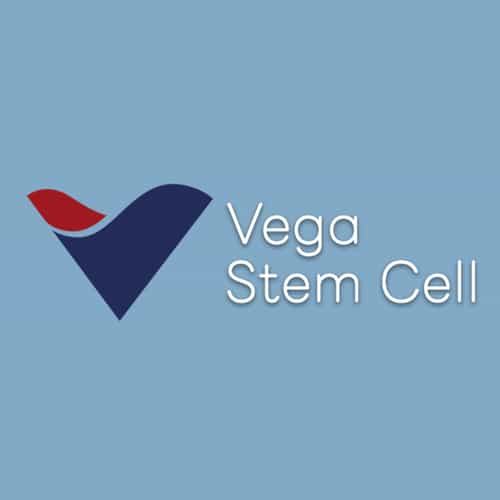
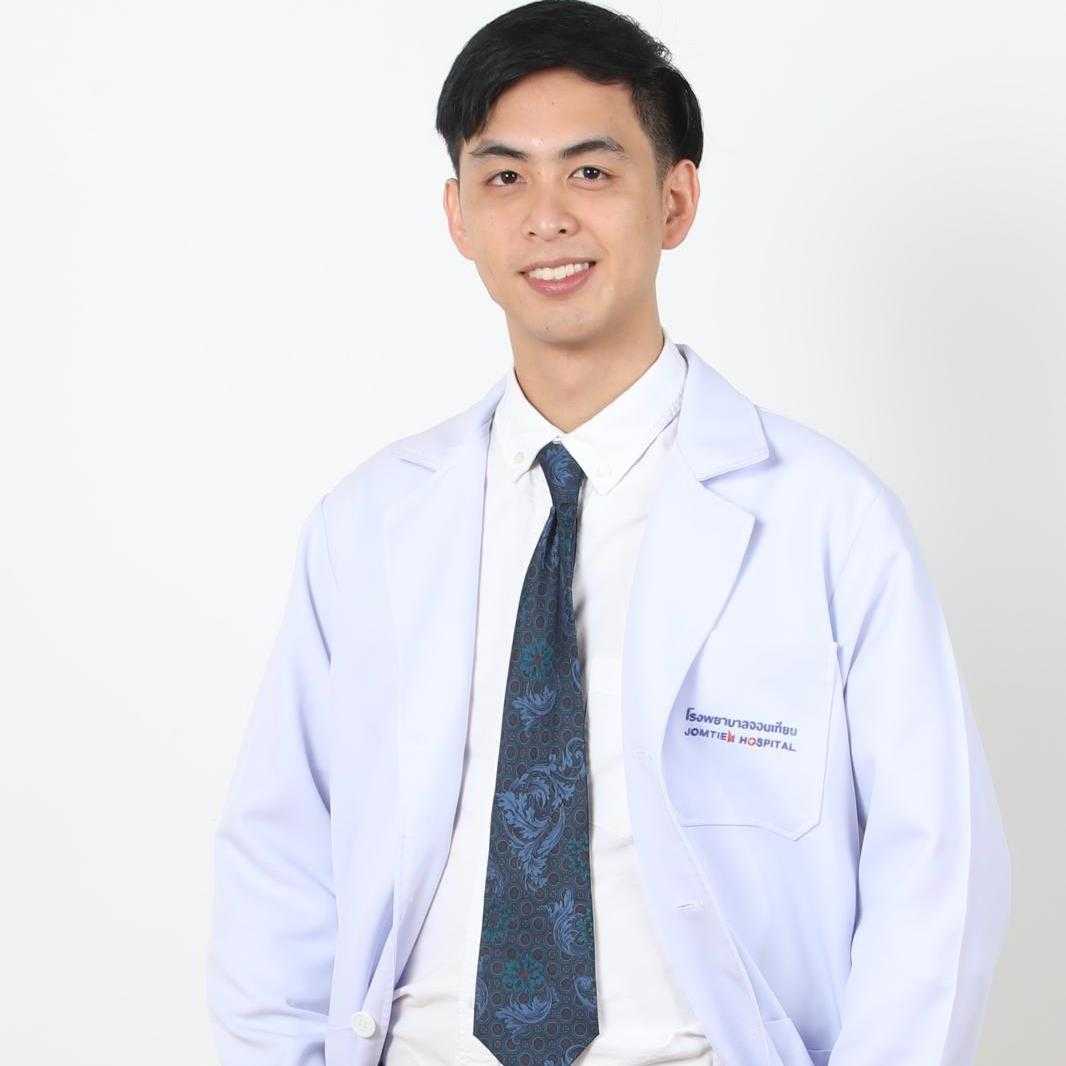
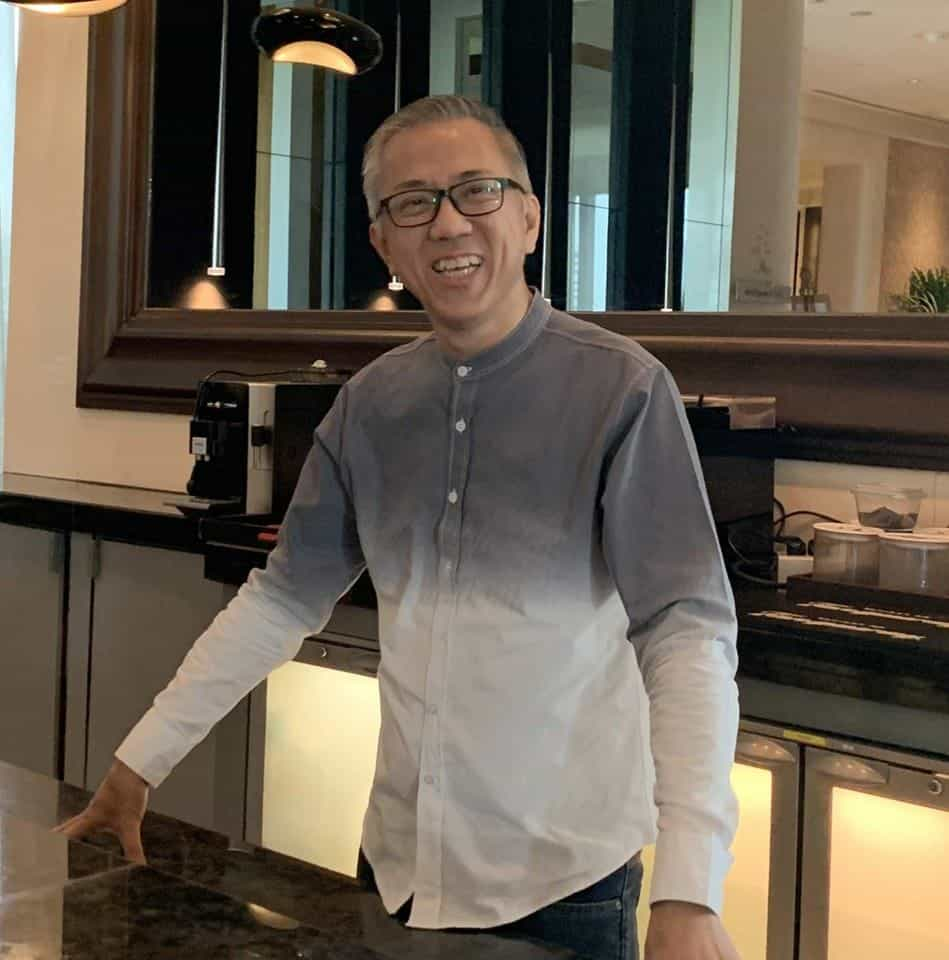
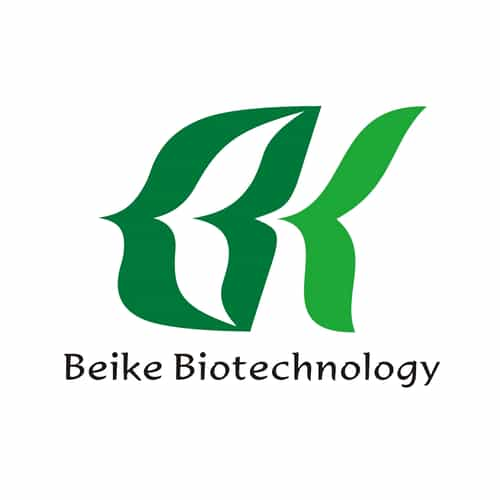
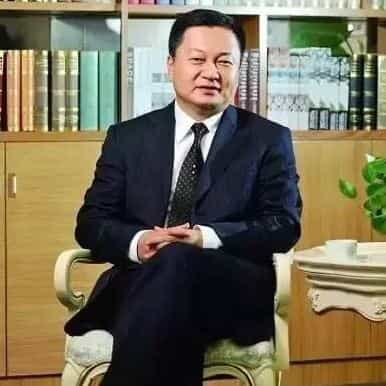
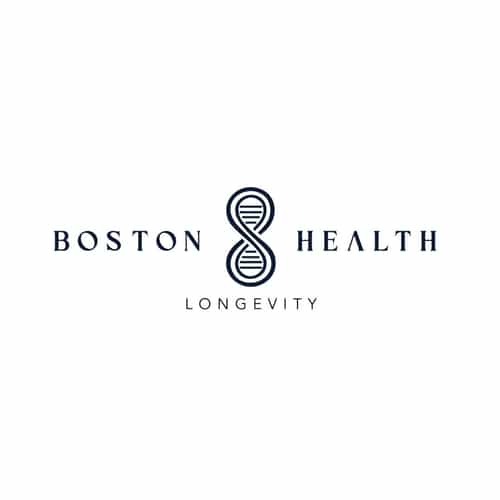
.png)
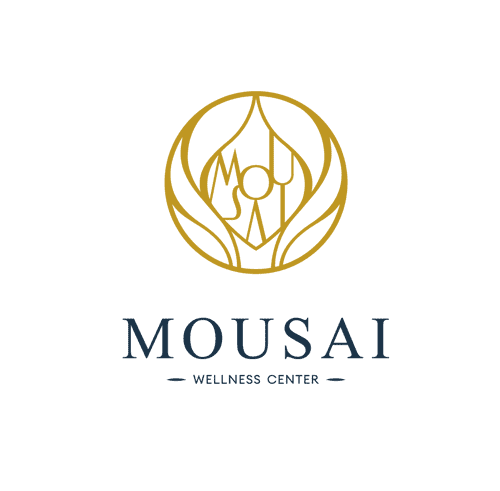
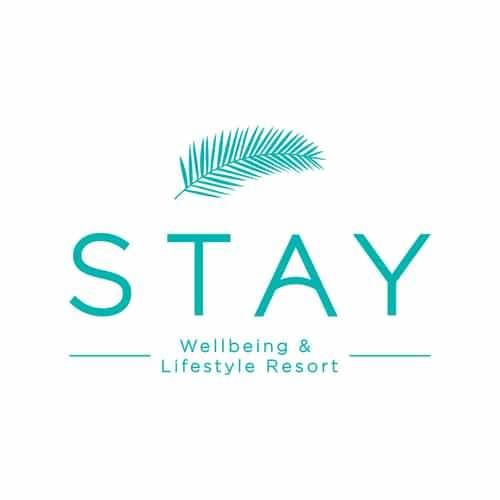
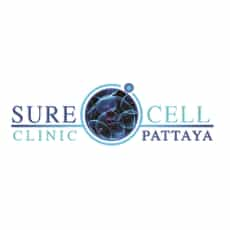

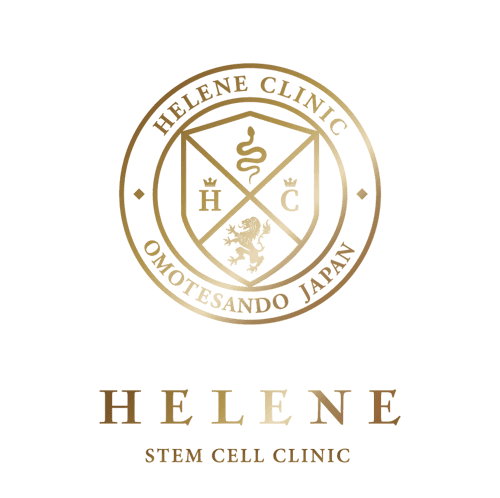
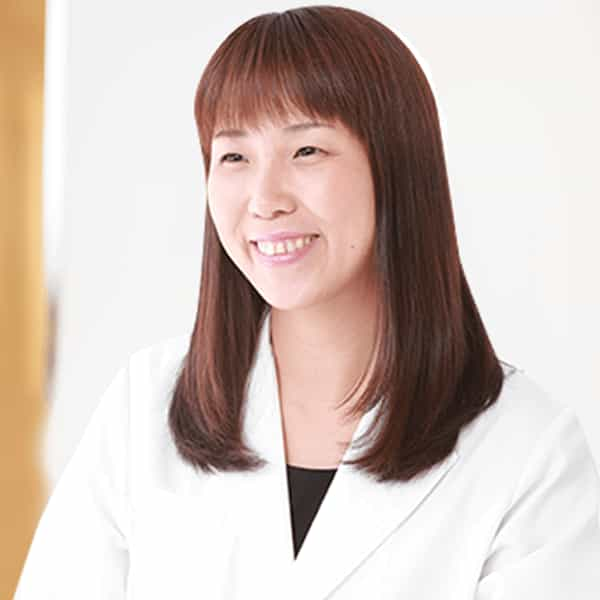
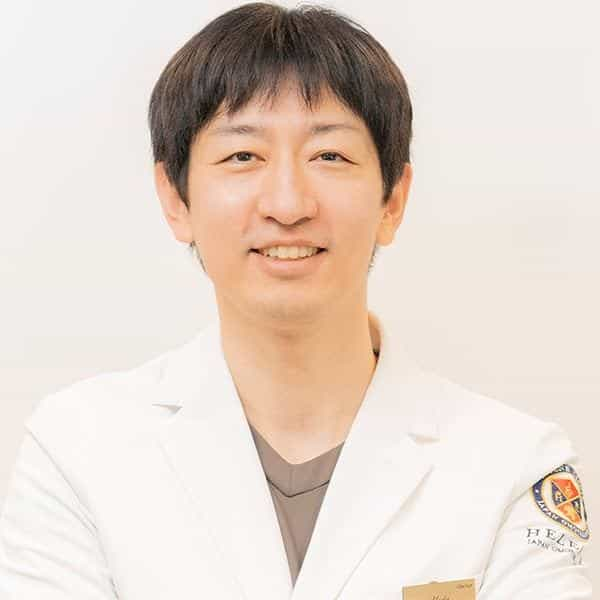
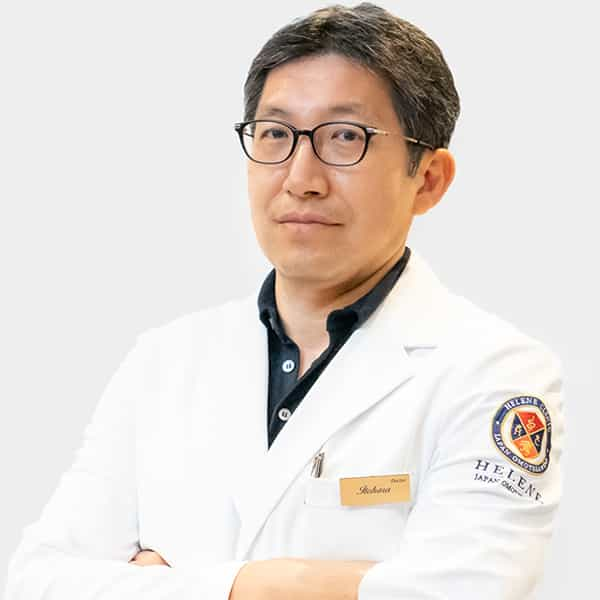
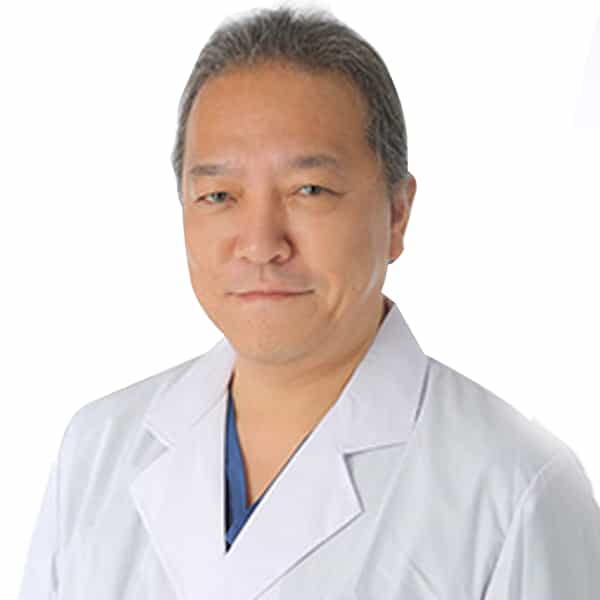
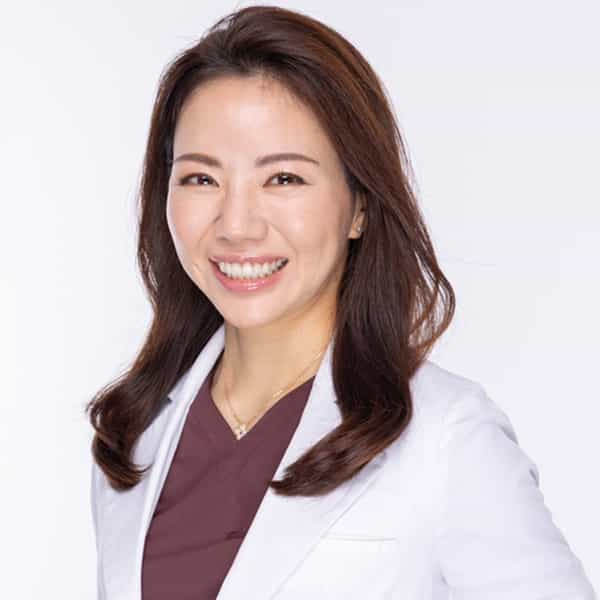
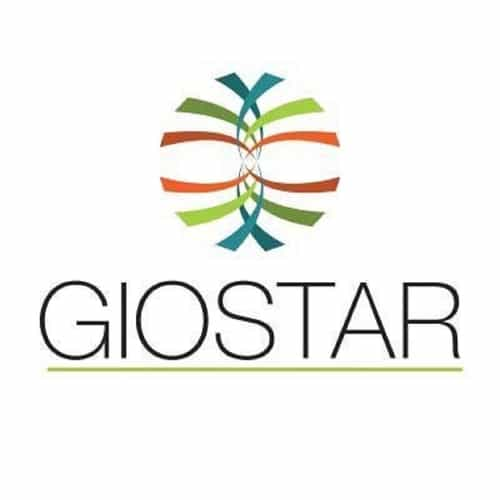

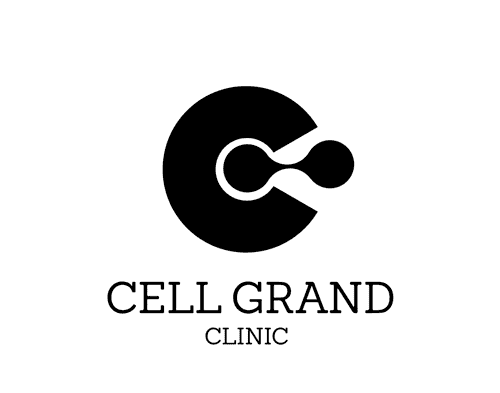

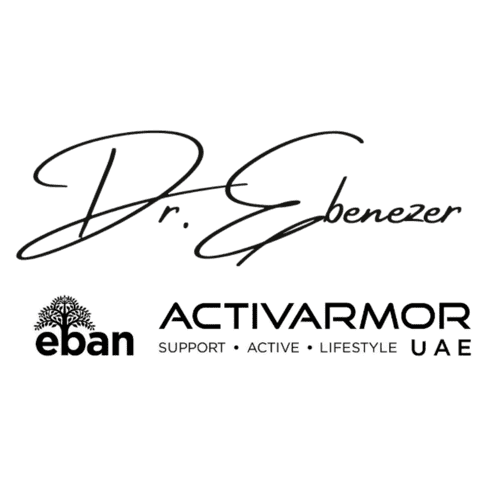
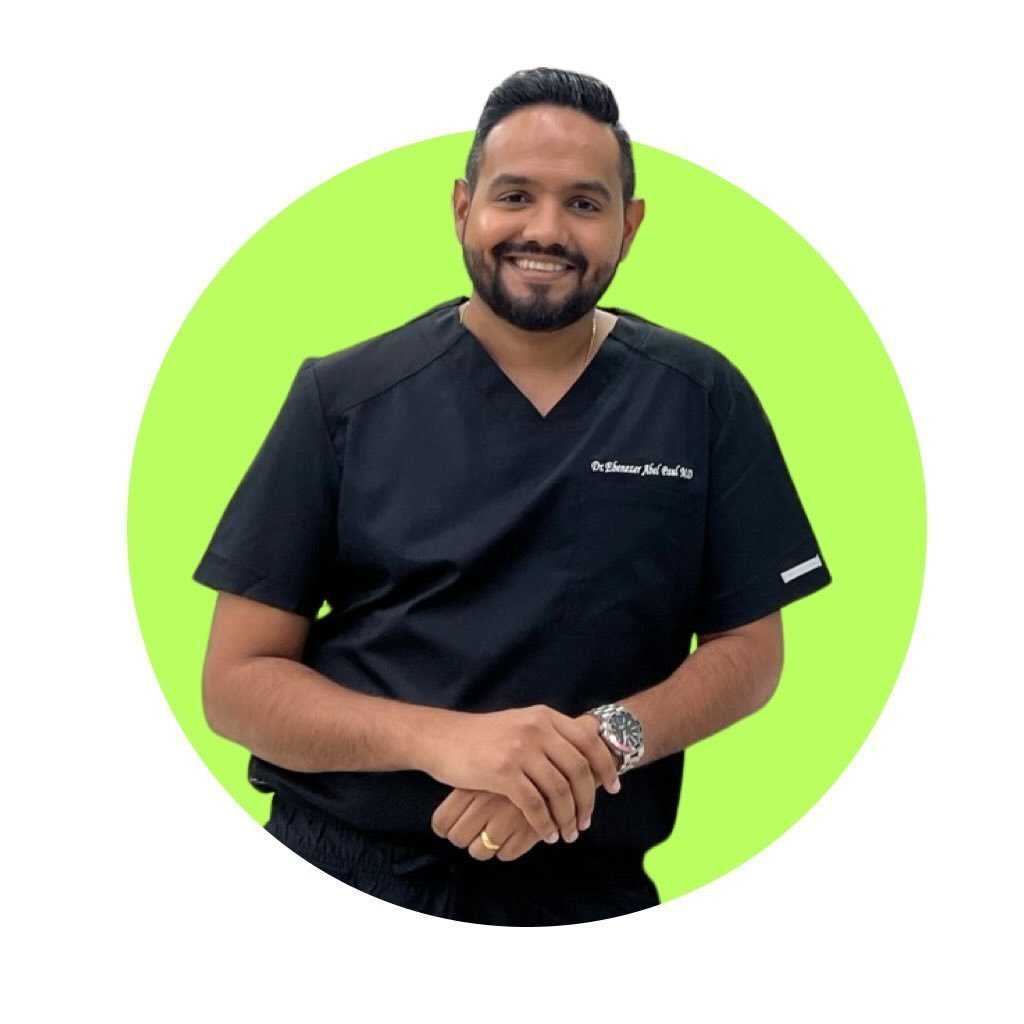
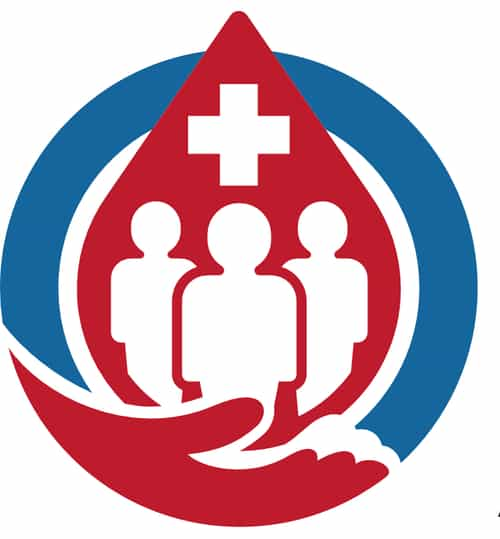


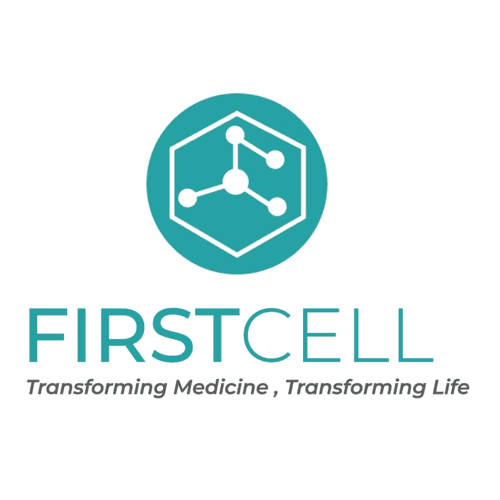
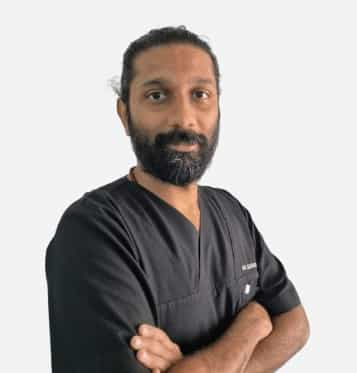
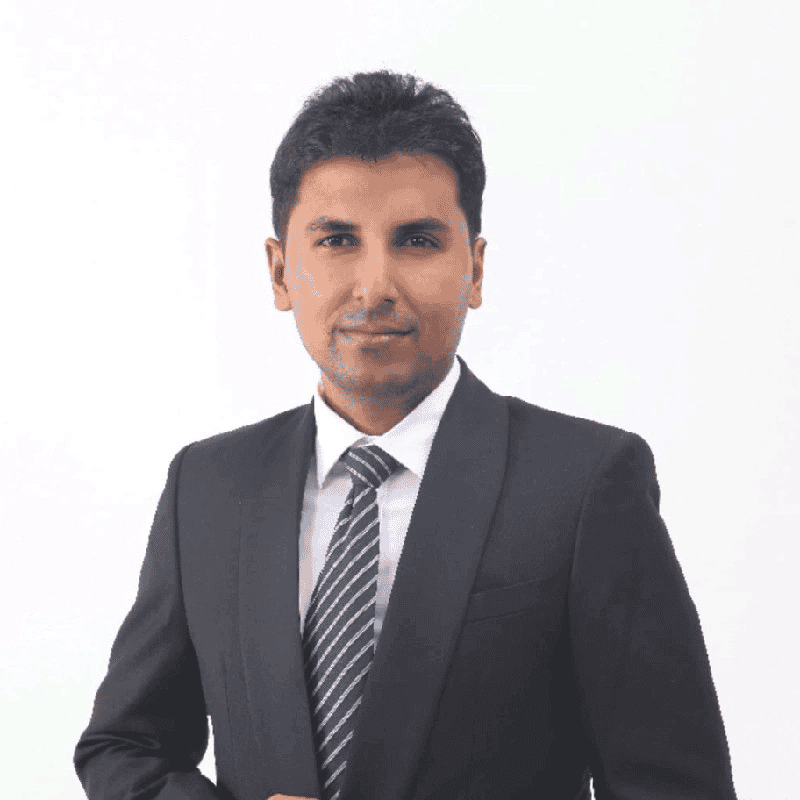

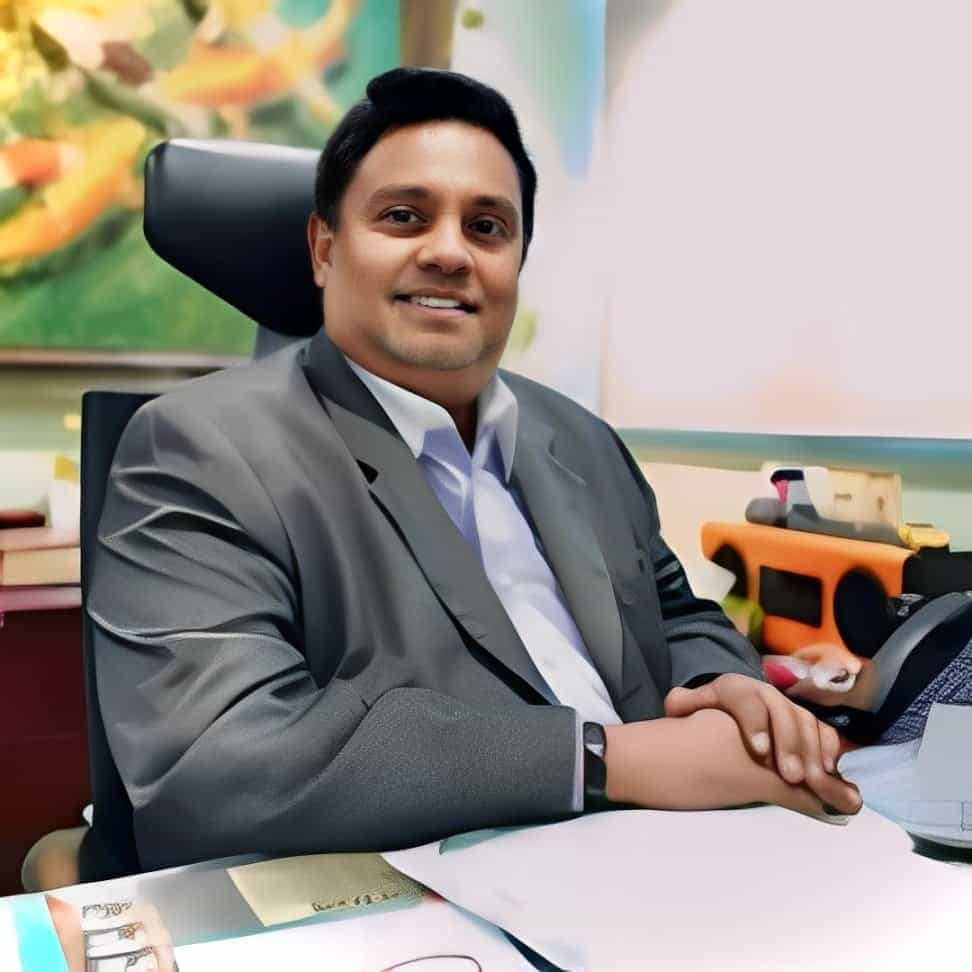
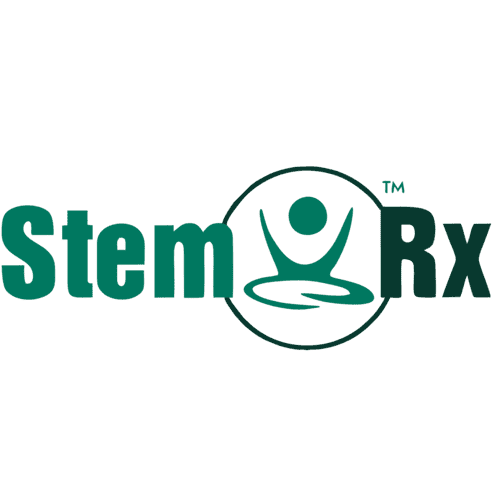

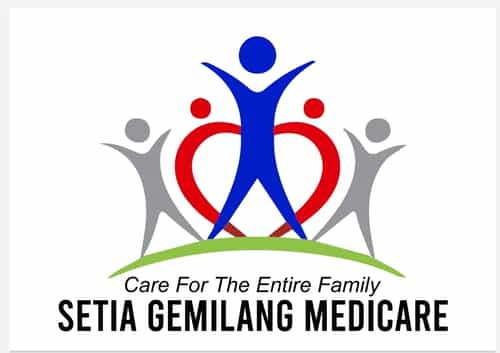
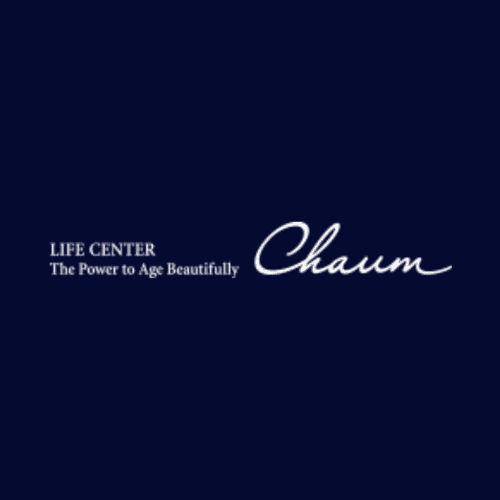
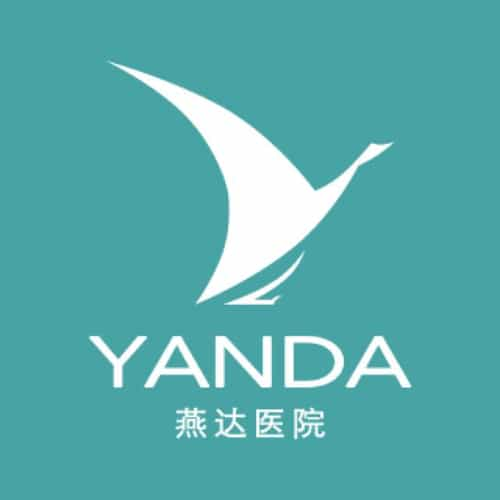


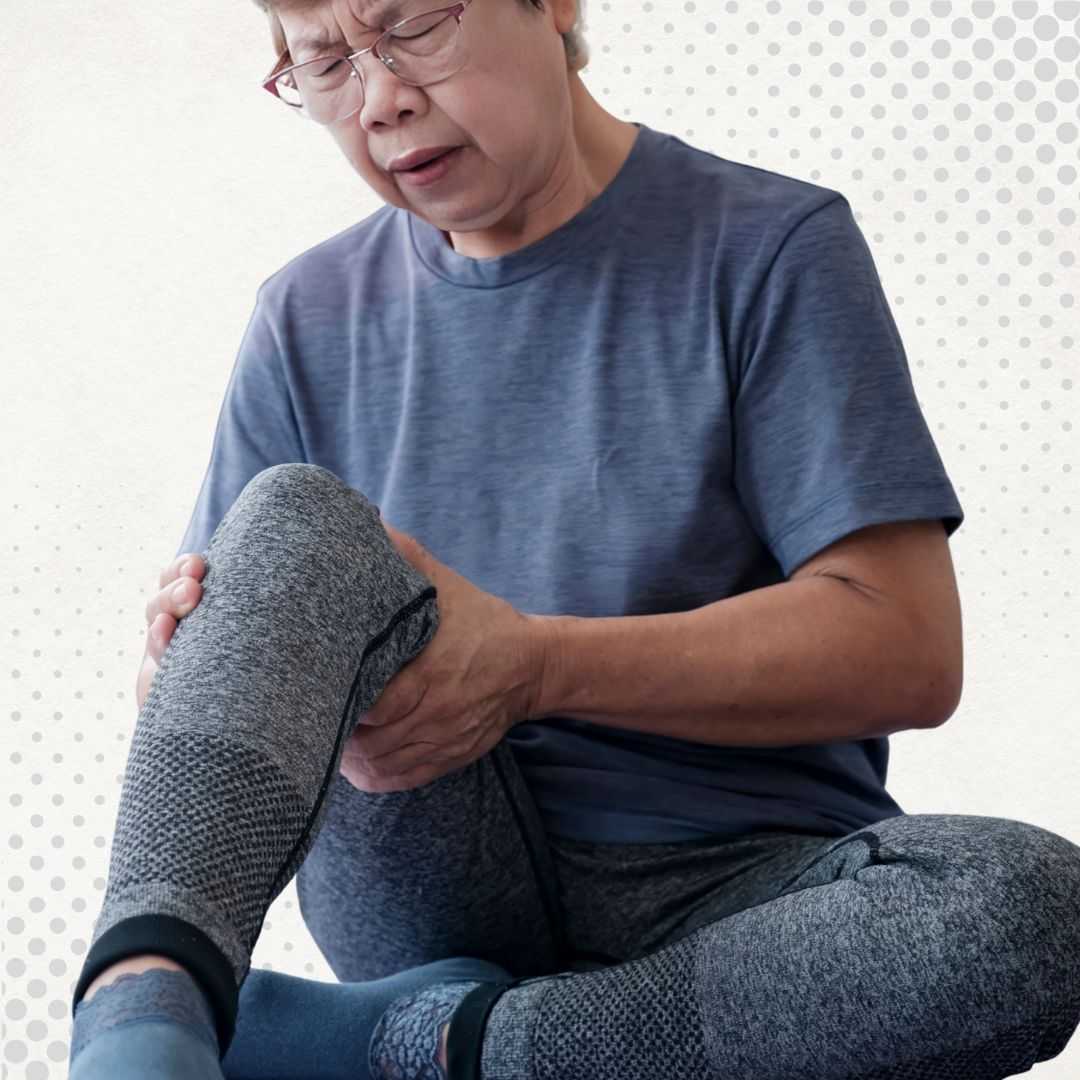







Read More